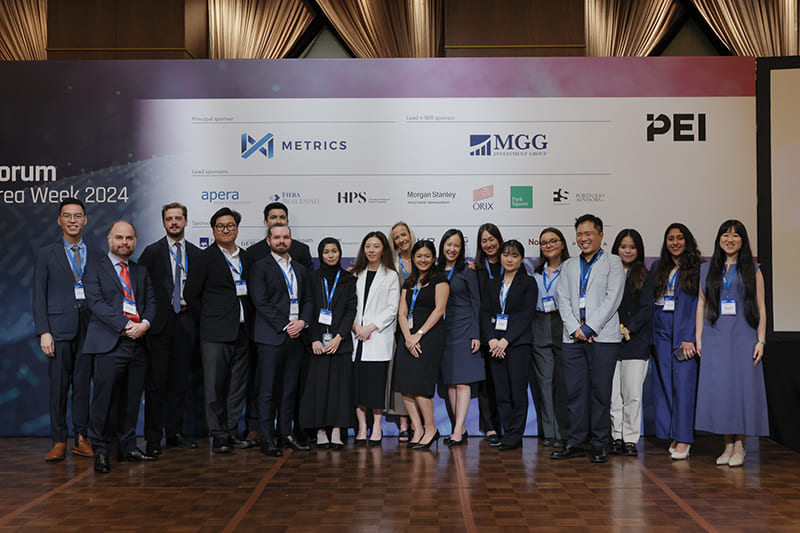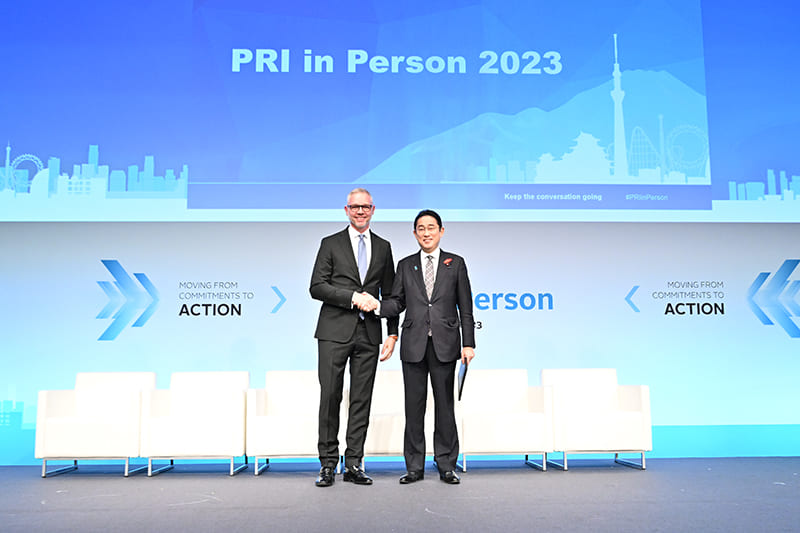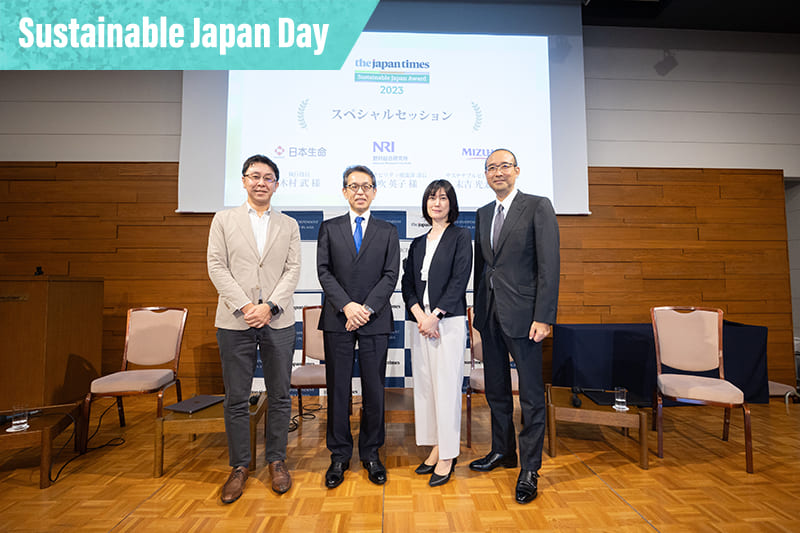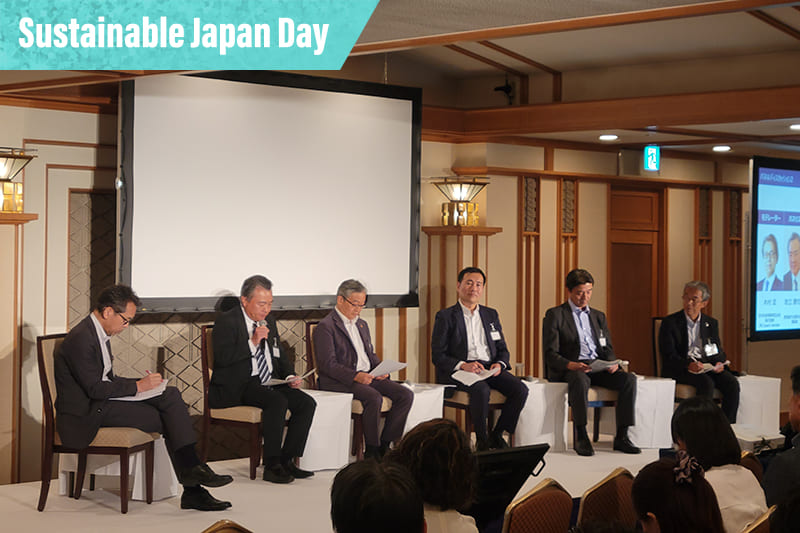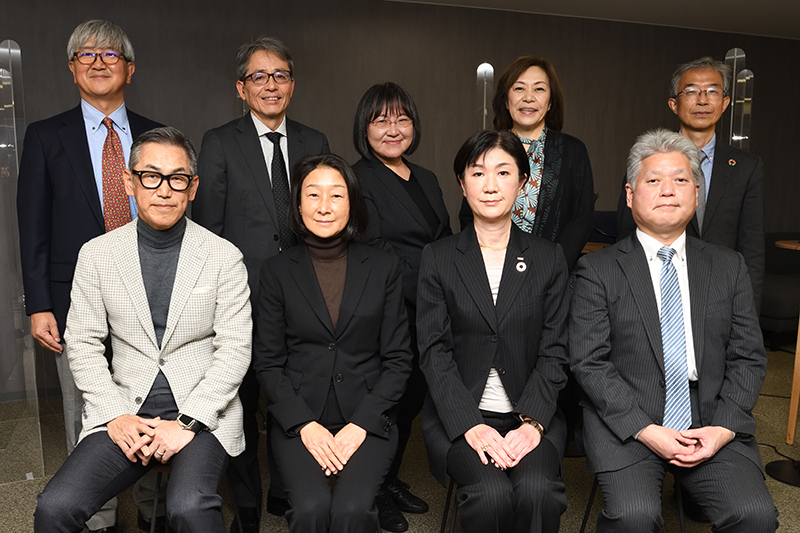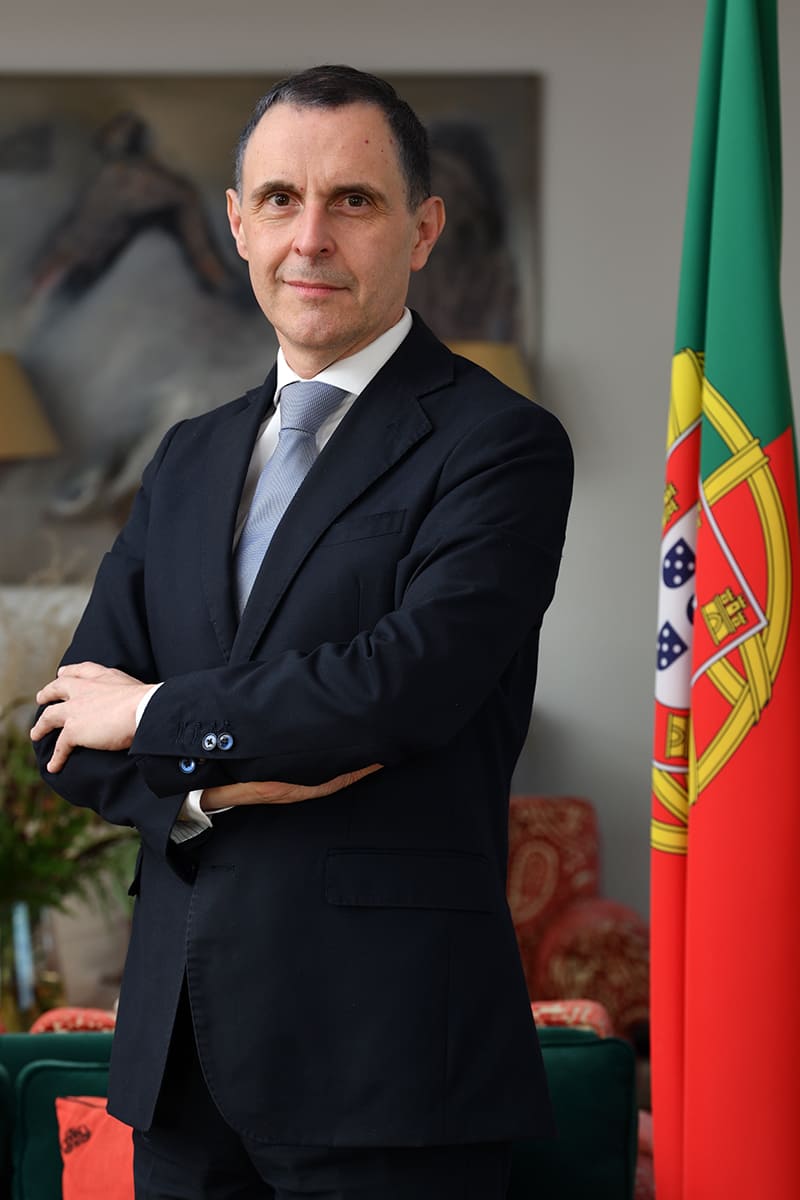August 05, 2018
U.N. goals factor highly in investment choices
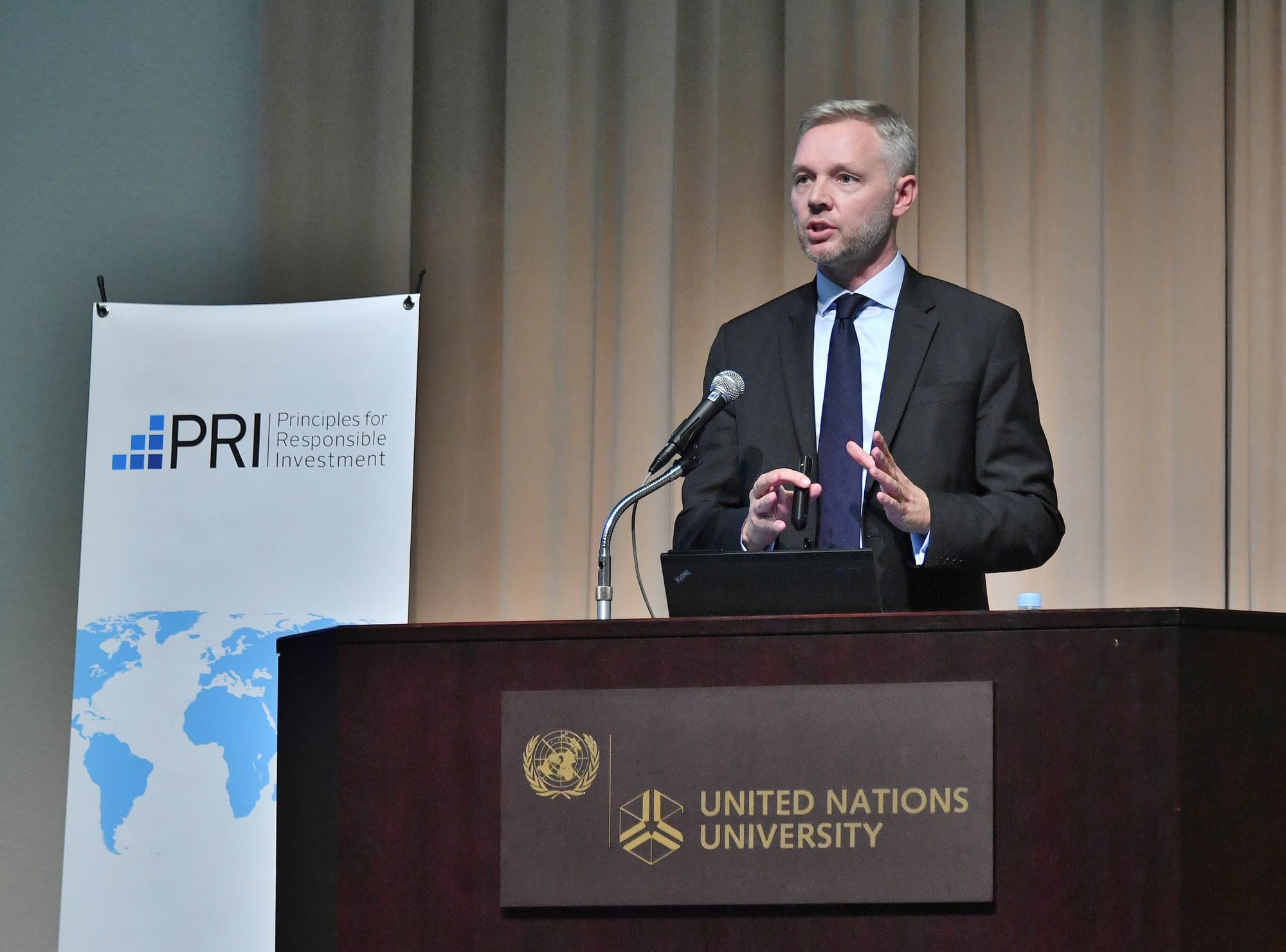
At a recent symposium in Tokyo, Chair of the Board at the London-based Principles for Responsible Investment (PRI) Martin Skancke underscored the relevance of the U.N. Sustainable Development Goals (SDGs). The SDGs are a set of 17 goals adopted in 2015 to end poverty, protect the planet and ensure prosperity. Skancke encouraged companies and investors to seek out the opportunities these goals present.
Hosted by the PRI, and supported by The Japan Times, the event was held on June 25 at the United Nations University in Tokyo.
Founded in 2006, the PRI has built up a base of around 2,000 signatories over its 12 years of operation. These signatories are all financial institutions and manage over $70 trillion in assets — about half of all the marketable listed assets in the world.
The PRI not only seeks the integration of environmental social and governance factors in investing, but also an economically efficient and sustainable global financial system for long-term wealth creation. Rather than advising global investors on how they should invest, the PRI places high priority on delivering tools and best practices to its signatories.
During his presentation, Skancke explained: “Our job is to try to go out to our signatories and find good examples of what investors are actually doing, translate them into case studies, and bring them out to the wider investment community. We see this as a way of sharing good practices and inspiring each other to do better.”
While the responsible investment community has been proactive about taking action, Skancke has seen more of a recent focus on results. Speaking to the attendees, he stated: “Investors have reported what they are doing in their reports to their stakeholders. But I think now people are asking the question, ‘What are you actually achieving?’”
Skancke believes the SDGs will generate significant investment opportunities. He estimates that $5-$7 trillion in investments per year will be needed to finance infrastructure for these goals, particularly in developing countries.
“The capacity of governments to finance investments on this scale is limited, so a large part of this capital will have to come from private sources,” he said.
The SDGs also help provide investors with an indication of the policy environment going forward. Skancke noted, “They will tell you where you can expect to have support from the policy environment, and where you can expect to see regulatory political headwinds.” Recognizing such trends subsequently allows investors to build a case of sustainable investing for the longer term.
Skancke addressed the area of corporate engagements or active ownership, using engagement on climate-related issues as an example. As a member of the Task Force on Climate-related Financial Disclosures (TCFD), Skancke shared his experience in devising a framework for how companies could report on climate-related risks and opportunities. The TCFD was launched in 2015 by the international Financial Stability Board to develop recommendations on climate-related financial disclosures.
The first part of this framework involved asking companies to describe their board oversight on climate-related risks and opportunities. Skancke explained that, “If the board doesn’t care about climate risks or climate opportunities, it’s very unlikely that the business will be able to manage these types of large-scale risks in a good way.”
The second aspect entailed having companies describe the resilience of their business strategies under various climate-related scenarios. Skancke gave the example of asking a fossil fuel company how they would continue to make money if the world was successful in achieving the objective of the Paris Agreement conditions, which is to keep the global temperature rise below 2 degrees Celsius for this century.
Should such a fossil fuel company have a plan to remain profitable under this scenario, particularly in a world with a greater reliance on renewable energy, investors may then allow the company to reinvest its profits. However, a company without any resilient strategy in place may cause investors to seek the payout of dividends so that those funds can be directed toward more sustainable investments.
Skancke believes that this is an area where investor interest is perfectly aligned with broader societal objectives. “If investors make good decisions on the financing of companies, they will ensure the companies that have a strong capacity to transform themselves will be financed, while those companies who lack this capacity will not get financing.”
In closing, Skancke remarked that dialogue between investors and corporate figures on the sustainability of business practices will lead to a positive impact. “When the financial sector works together with the corporate sector on realizing the SDGs, investors will benefit, corporations will benefit and the broader society will also benefit.”

